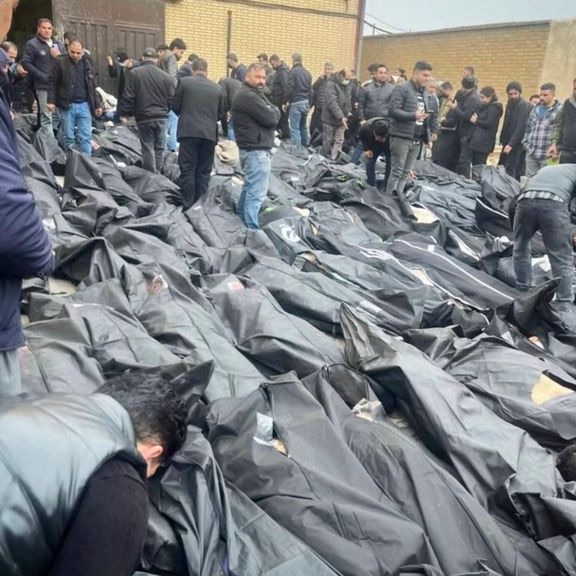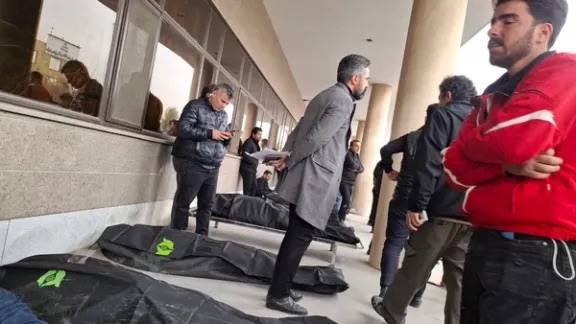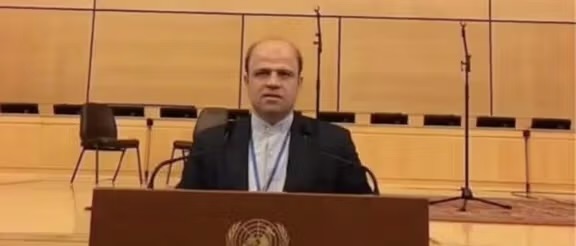
Iranian authorities have once again refused to register a newborn over the child’s name—this time targeting the name “Guntay”—in what human rights observers call a deepening campaign to erase non-Persian identities, particularly among marginalized ethnic groups, including Ahwazi Arabs.
The newborn, born on April 22 in the city of Parsabad in Iran’s Ardabil province, remains without a birth certificate or access to healthcare after the National Registry rejected the parents’ chosen name, claiming it violated “Iranian and Islamic naming conventions,” according to a report by HRANA.
The case is not isolated. For decades, Iran’s civil registry has systematically blocked names deemed “non-conforming,” especially those rooted in Arabic, Kurdish, Turkish, or Baluchi heritage. In Ahwaz, Arab families frequently face similar discrimination when choosing names reflective of their culture and identity. Arabic names such as Qais, Yassin, or Latifa have reportedly been flagged or outright banned, under the same pretext of “preserving cultural norms.”
“This is not about names—it’s about erasure,” an Ahwazi cultural rights advocate told ANA. “The Iranian regime wants to suppress any trace of Arab heritage in Ahwaz. Denying a child the right to a name is a denial of existence.”
Under Iranian law, only names listed in a government-approved database—heavily tilted toward Persian and Shi’a Islamic traditions—are allowed. Parents choosing names outside this list must submit their requests for review, which are often rejected without clear justification. In Guntay’s case, the parents have filed a formal complaint, but in many cases, legal appeals are prolonged and burdensome.
The implications are dire. Without a birth certificate, children are stripped of access to healthcare, education, legal identity, and travel documents—placing families in a state of legal limbo. HRANA reports that the psychological and bureaucratic toll on affected families is mounting.
While Iran claims such policies are meant to “preserve cultural and religious values,” critics say the policy functions as a tool of forced assimilation. Human rights groups point to provinces such as Ahwaz, Kurdistan, and Sistan and Baluchestan—where ethnic minorities form a majority—as being disproportionately targeted.
Iran is a signatory to the UN Convention on the Rights of the Child, which guarantees every child the right to a name and legal recognition from birth. Article 7 of the convention affirms this right, and Article 2 prohibits any form of discrimination based on ethnicity or language. But in practice, the Iranian regime continues to violate these protections.
“This is a deliberate attack on the cultural identity of Arab families in Ahwaz and beyond,” the Ahwazi activist said. “We will not stop naming our children in our language, even if the regime refuses to acknowledge them.”



